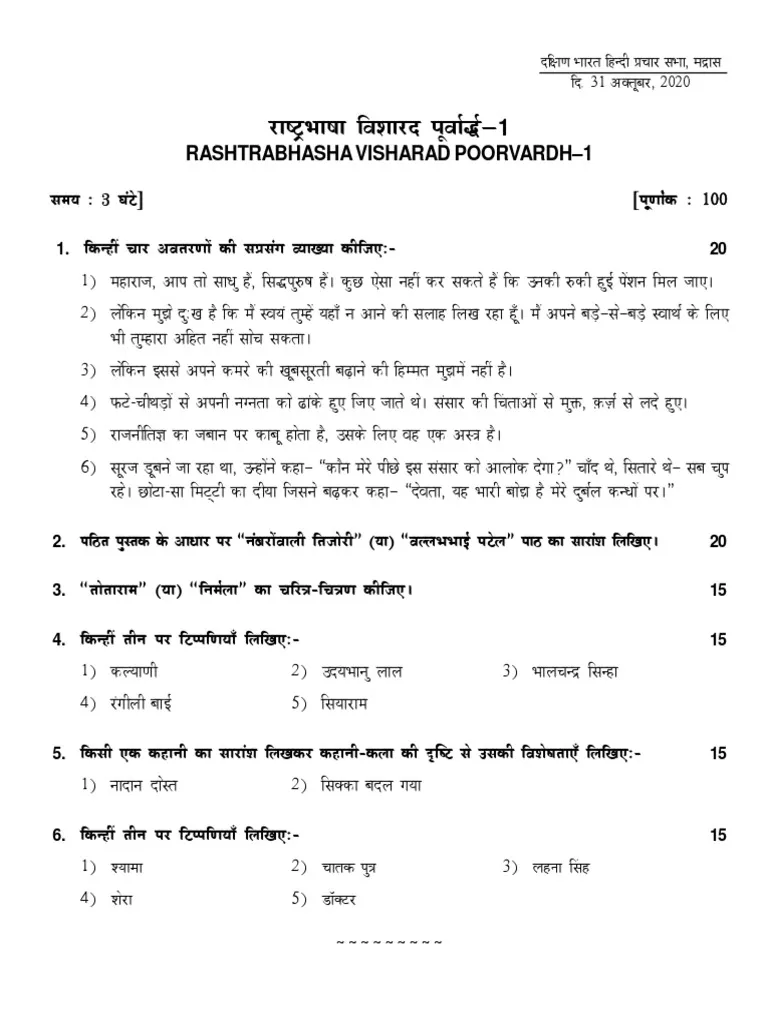
Introduction
IB History Paper 3, If you’re an IB Diploma student, you know how crucial IB History Paper 3 is to your final grade. This paper tests your deep understanding of history and your ability to critically analyze and discuss historical events and trends. Unlike Papers 1 and 2, which cover a broad range of topics, Paper 3 dives deep into specific regional histories, demanding detailed knowledge and nuanced essay-writing skills. This guide will walk you through everything you need to excel in IB History Paper 3, from understanding its structure to developing effective study strategies and mastering the art of essay writing.
Understanding the Structure IB History Paper 3
Before diving into the study material, it’s essential to understand the structure of IB History Paper 3. This paper is composed of several essay questions, from which you must choose three to answer within 2.5 hours. Each question requires a comprehensive essay, demonstrating your knowledge and critical thinking abilities.
Format of IB History Paper 3
The exam consists of three sections, each corresponding to different regional options: the Americas, Europe and the Middle East, and Asia and Oceania. Each section offers multiple questions, allowing you to choose the ones that best suit your strengths.
Types of Questions for IB History Paper 3
Questions in Paper 3 are open-ended and require detailed, essay-style responses. They often focus on specific events, periods, or themes within the prescribed regional options, encouraging you to showcase your analytical skills and depth of understanding.
Key Topics to Focus On IB History Paper 3
Success in Paper 3 hinges on a thorough understanding of the key topics within your chosen regional option. The IB curriculum outlines specific prescribed subjects and broader regional histories that you need to master.
Regional Options IB History Paper 3
Each regional option encompasses significant historical periods and events. For example, if you’re studying the Americas, you might cover topics such as the Cold War in Latin America, the rise and fall of political regimes, and major socio-economic changes.
Prescribed Subjects IB History Paper 3
Within each regional option, certain subjects are prescribed, meaning they are guaranteed to appear on the exam. Focus your study on these subjects to ensure you’re prepared for whatever questions may come your way.
Developing Effective Study Strategies
Effective study strategies are the backbone of your preparation for Paper 3. Without a solid plan, it’s easy to feel overwhelmed by the sheer volume of material.
Creating a Study Schedule IB History Paper 3
Start by creating a study schedule that allocates time for each topic and review session. Break down your study sessions into manageable chunks, focusing on one subject at a time to enhance retention.
Note-Taking Tips
Good note-taking is crucial for retaining information. Summarize key points, dates, and figures in your own words, and use visual aids like mind maps and charts to organize information logically.
Analyzing Past IB History Paper 3
Past papers are invaluable resources for understanding the exam format and identifying common question themes.
Importance of Past Papers
Reviewing past papers helps you familiarize yourself with the types of questions asked and the expected level of detail in your answers. It’s an excellent way to gauge your preparedness and identify areas needing improvement.
How to Use Past Papers Effectively
Practice writing full essays under timed conditions using past paper questions. This not only improves your time management skills but also helps you develop a concise, structured approach to essay writing.
Mastering Essay Writing
Essay writing is a critical component of Paper 3, requiring clarity, coherence, and critical analysis.
Structuring Your Essay
A well-structured essay includes an introduction, body paragraphs, and a conclusion. Start with a strong thesis statement, followed by body paragraphs that provide evidence and analysis supporting your thesis.
Crafting a Strong Thesis
Your thesis should clearly state your argument in response to the question. It sets the tone for your essay and guides your analysis, so make it compelling and specific.
Time Management During the Exam
Effective time management can make or break your performance in Paper 3.
Allocating Time for Each Question
Divide your 2.5 hours equally among the three essays, allowing some extra time for planning and reviewing. Aim to spend around 45 minutes on each essay.
Tips for Staying Calm and Focused
Stay calm and focused during the exam by practicing relaxation techniques and staying hydrated. Deep breathing exercises can help reduce anxiety and keep your mind clear.
Understanding Marking Criteria
Knowing what examiners look for can help you tailor your answers to meet their expectations.
What Examiners Look For
Examiners assess your ability to provide a clear, well-structured argument supported by relevant historical evidence. They value critical analysis over mere description and look for originality in your interpretations.
Common Pitfalls to Avoid
Avoid common pitfalls such as straying from the question, overloading your essay with facts without analysis, and failing to provide a clear thesis. Stick to the question and build your argument logically.
Enhancing Analytical Skills
Analytical skills are essential for interpreting historical events and crafting compelling arguments.
How to Analyze Historical Sources
When analyzing sources, consider the author’s perspective, the context in which the source was produced, and its intended audience. Evaluate the reliability and limitations of each source.
Developing Critical Thinking
Critical thinking involves questioning assumptions, considering multiple perspectives, and drawing well-supported conclusions. Practice these skills by engaging with a variety of historical texts and debates.
Practicing with Sample Questions
Sample questions provide a useful way to apply your knowledge and refine your essay-writing skills.
Example Questions and Model Answers
Work through example questions and compare your answers with model responses. This helps you understand what a high-scoring essay looks like and how to structure your own.
Self-Assessment Techniques
Assess your own essays by comparing them to the marking criteria. Identify areas for improvement and seek feedback from teachers or peers.
Utilizing Additional Resources
Make use of a wide range of resources to deepen your understanding and prepare thoroughly.
Recommended Books and Websites
Books such as “The Cold War: A New History” by John Lewis Gaddis and websites like JSTOR provide valuable insights and scholarly articles on historical topics.
Online Forums and Study Groups
Join online forums and study groups where you can discuss topics, share resources, and get feedback from fellow students.
Dealing with Exam Stress
Stress management is key to maintaining focus and performing well under pressure.
Stress Management Techniques
Techniques such as mindfulness meditation, regular exercise, and maintaining a balanced diet can help reduce stress levels and improve concentration.
Importance of Rest and Nutrition
Ensure you get enough sleep and eat nutritious meals leading up to the exam. Your brain functions better when it’s well-rested and well-nourished.
Seeking Feedback and Improvement
Constructive feedback is essential for continuous improvement.
Peer Review and Group Study
Engage in peer review and group study sessions to gain different perspectives and constructive criticism on your essays.
Teacher Feedback
Regularly seek feedback from your teachers. They can provide valuable insights into your strengths and areas needing improvement.
Exam Day Preparation
Proper preparation on exam day can set the tone for your performance.
What to Bring
Bring all necessary materials, such as pens, pencils, a watch, and your identification. Double-check that you have everything before leaving home.
Last-Minute Tips
Review your notes briefly but avoid cramming. Stay positive and confident in your preparation.
Conclusion
Mastering IB History Paper 3 requires a combination of thorough preparation, effective study strategies, and strong analytical skills. By understanding the exam structure, focusing on key topics, and practicing essay writing, you can excel in this challenging paper. Remember to manage your time wisely, stay calm under pressure, and continually seek feedback to improve your performance. Good luck!
FAQs
What is the best way to prepare for IB History Paper 3? The best way to prepare is to create a detailed study schedule, review past papers, and practice writing essays under timed conditions. Focus on key topics and utilize additional resources like books and online forums.
How can I improve my essay writing skills for Paper 3? Improve your essay writing skills by practicing regularly, seeking feedback, and studying high-scoring sample essays. Focus on structuring your essays clearly and developing strong, evidence-based arguments.
What are common mistakes to avoid in IB History Paper 3? Common mistakes include straying from the question, failing to provide a clear thesis, and overloading essays with facts without analysis. Stay focused on the question and build logical, well-supported arguments.
How important are past papers in my preparation? Past papers are crucial as they help you familiarize yourself with the exam format and question types. They also provide valuable practice in writing essays under exam conditions.
Can I study for Paper 3 on my own, or do I need a tutor? You can study for Paper 3 on your own if you have a structured study plan and make use of available resources. However, a tutor can provide additional guidance and feedback, which can be beneficial.


